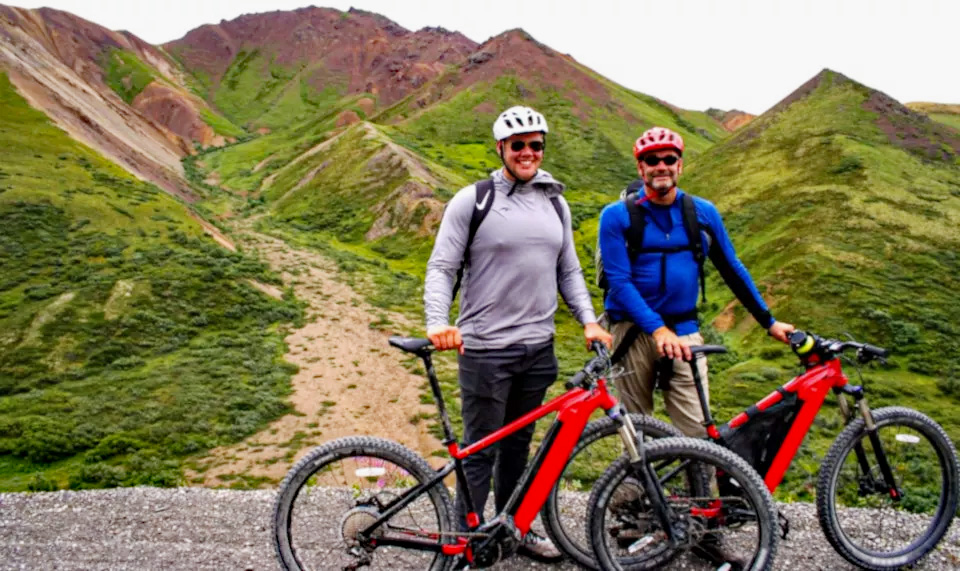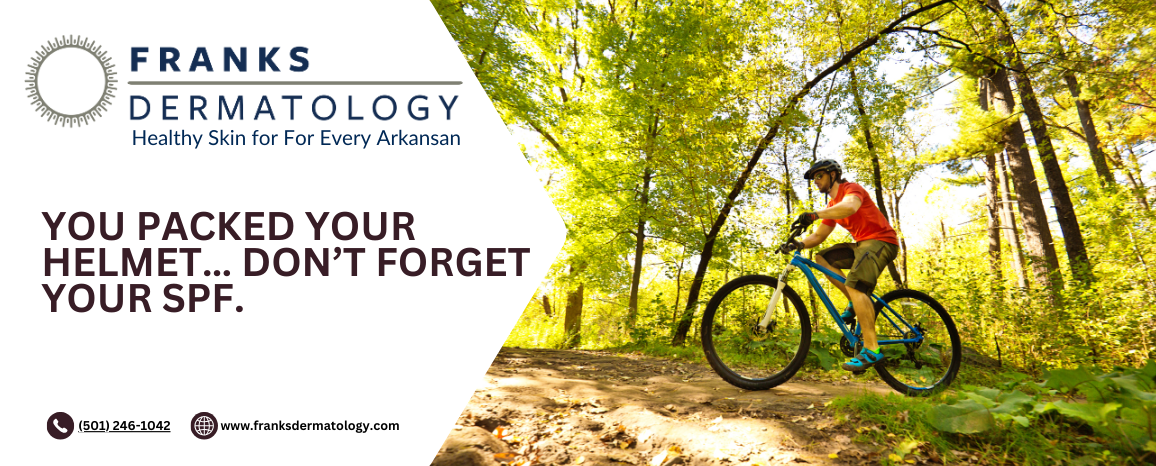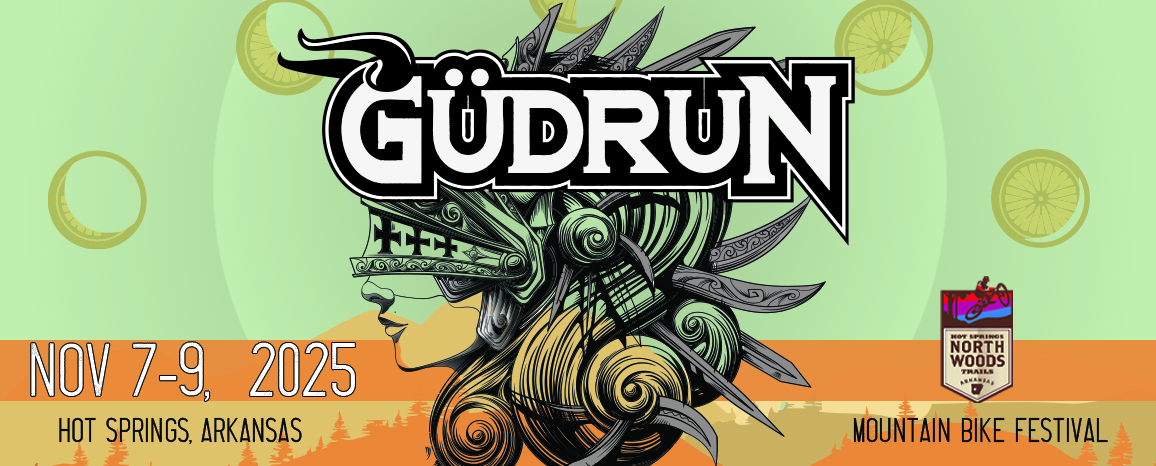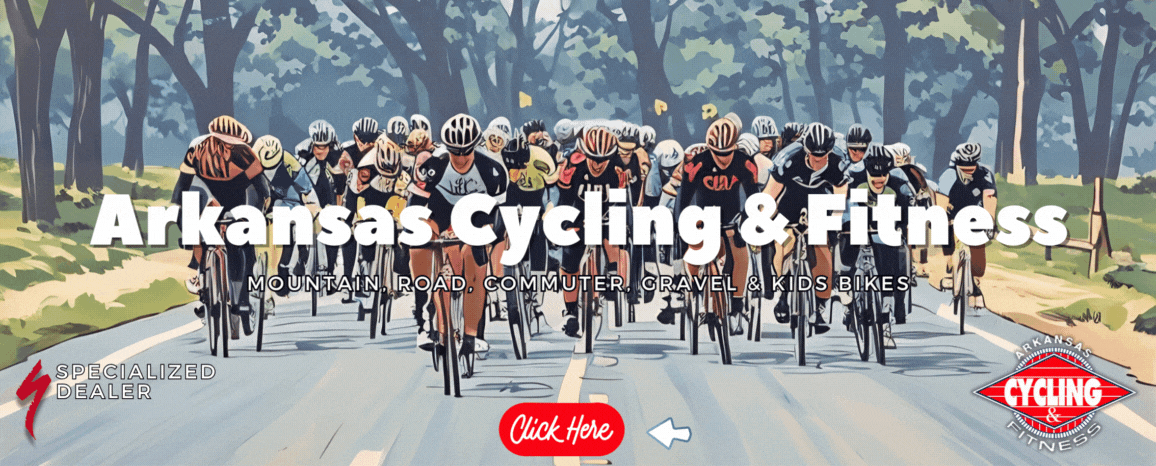The National Park Service (NPS) has released a programmatic environmental assessment and a Finding of No Significant Impact (FONSI), reaffirming the authority of park superintendents to permit the use of electric bicycles (e-bikes) in national parks on a case-by-case basis. This decision is made in alignment with public safety and with consideration of natural and cultural resources.
Last year, the NPS held an open comment period inviting feedback from the public as well as from local, state, Tribal, and Federal agencies on a programmatic environmental assessment (PEA). This assessment reviewed the potential national-level impacts of e-bike use in national parks. With the release of the FONSI, the NPS reaffirms the existing [2020 rule] that authorizes superintendents to allow e-bikes, where appropriate, on park roads, parking areas, and administrative roads and trails where traditional bicycles are permitted. Public lands designated by Congress as “wilderness areas” remain off-limits to traditional bicycles and e-bikes.
When deciding if and where e-bikes might be permitted in a park, superintendents are required to consider factors such as public health and safety, protection of natural and cultural resources, and other management activities and objectives.
The current e-bike regulations at Buffalo National River can be found here.
To find out whether e-bikes are allowed in a specific park, visitors should check the park’s website or contact the park directly. Specific park websites and contact information can be found at: Find a Park (U.S. National Park Service).
When properly managed, the use of e-bikes can enhance enjoyable and healthy recreational opportunities for visitors to national parks and support active transportation options. E-bikes offer various benefits for parks and visitors, including expanding access for those with physical limitations, supporting clean transportation, reducing vehicle congestion within parks, and providing healthy recreation opportunities. The 2020 rule ensures that the NPS manages this form of access and recreation, as with others in park areas, in a way that protects park resources, values, and visitors.






